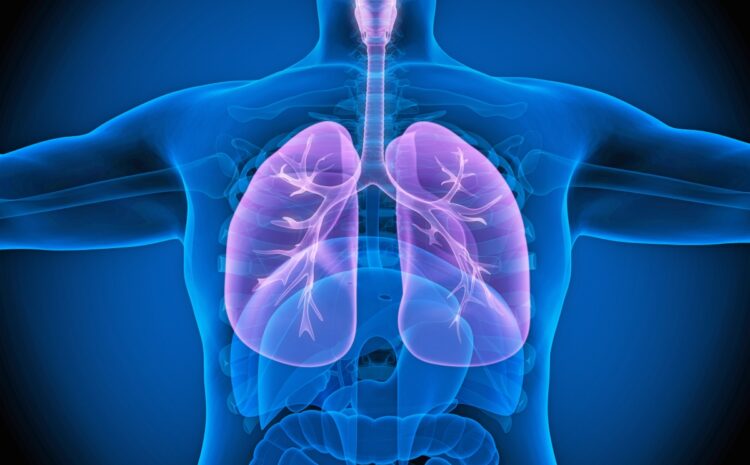
Analysis of the influence of thymic hormones in the treatment of malignant pleural effusion
Chinese researchers analyzed 34 reports of the treatment of malignant pleural effusion with thymic hormones in the journal International Immunopharmacology. They found that patients given thymosin with oxaliplatin had better treatment outcomes.
Malignant pleural effusion is a disease in which the cancer causes a build-up of fluid in the pleura with symptoms like chest pain, a dry, non-productive cough, and difficulty breathing. The most common causes are lung and breast cancer.
In the quoted article, scientists tried to determine the form of thymic hormones and which cytostatic drug would give the best treatment results. The following substances were taken into account: thymosins extracted from the thymus, synthetic thymopentine and synthetic thymosin alpha 1, and the cytostatics: oxaliplatin, cisplatin, lobaplatin and carboplatin. From the treatment results articles, they identified the nine most commonly used combinations of thymic hormones and drugs.
As a result of a meta-analysis of the available data, the researchers found that treatment with thymosin (300 mg/dose, once a week, 2 to 8 doses) and oxaliplatin (100 mg/m2) gave optimal results, resulting in a significant improvement in response to treatment, increased quality of life, increase in half a year and one year overall survival, a significant reduction in pleurodesis failure by activating the inflammatory response, inhibiting disease development and myelosuppression, reducing gastrointestinal toxicity, and increasing T-lymphocyte levels. This study focuses mainly on malignant pleural effusion caused by lung cancer, and since this is not the only cause of this condition, it is important to investigate how to best treat other cases.
The entire article is available here: https://doi.org/10.1016/j.intimp.2022.108688
